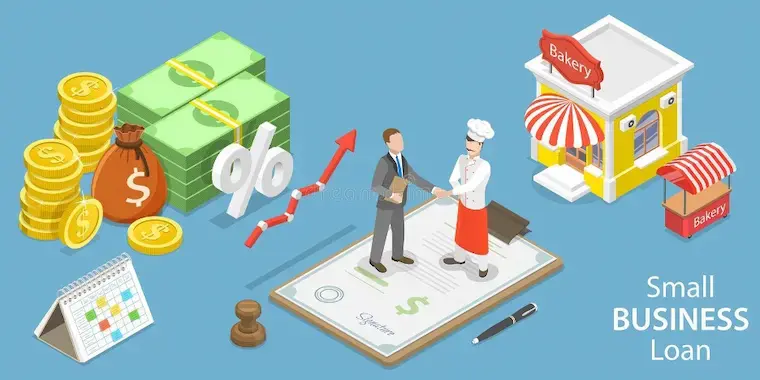
The Shift from Traditional Banks to Fintech
1. Why Small Businesses Are Moving Away from Banks 🏦➡️📲
Historically, small business owners relied on banks for funding, but the process was often slow, requiring extensive documentation and high credit scores. Fintech lenders have stepped in with digital loan applications, AI-driven approvals, and revenue-based lending models, making it easier for businesses to get the funding they need.
| Feature | Traditional Banks | Fintech Lenders |
|---|---|---|
| Approval Time | Weeks to Months | Hours to Days |
| Credit Score Requirement | High | Flexible |
| Loan Application Process | Paperwork-Heavy | Online & Automated |
| Funding Speed | Slow | Fast |
2. How Fintech Platforms Are Changing the Game 🔄
Modern fintech lending platforms use technology to assess risk more accurately, allowing them to approve small business loans based on real-time business performance rather than just credit scores. AI and machine learning algorithms evaluate transaction history, cash flow, and market trends to offer customized loan options.
Benefits of Online Small Business Loans
1. Faster Approvals and Funding ⏳💵
Unlike banks, which require weeks of processing, online lenders can approve and disburse funds within 24-48 hours, helping businesses seize opportunities quickly.
2. Flexible Lending Criteria 🏆
Small businesses with limited credit history or seasonal revenue patterns often struggle to meet bank loan requirements. Online platforms provide financing solutions based on business performance rather than just credit scores.
3. More Loan Options 🎯
From merchant cash advances to revenue-based loans and peer-to-peer lending, fintech platforms offer multiple financing options tailored to different business needs.
| Loan Type | Best For | Key Benefit |
|---|---|---|
| Term Loans | Established Businesses | Fixed repayment schedule |
| Merchant Cash Advances | Retail & E-commerce | Repayments tied to sales |
| Invoice Financing | B2B Companies | Uses unpaid invoices as collateral |
| Equipment Financing | Manufacturing & Construction | Funds for equipment purchases |
4. Seamless Digital Experience 📲
With fully online applications, e-signatures, and automated underwriting, businesses no longer need to visit a bank branch to secure financing.
What’s Next for Small Business Lending? 🚀
As fintech continues to evolve, AI-powered credit analysis, blockchain-based lending, and decentralized finance (DeFi) are expected to further reshape the small business loan industry. Banks are now partnering with fintech companies to stay competitive, offering hybrid lending models that combine traditional banking security with fintech agility.
Conclusion
The rise of fintech lending platforms has revolutionized the way small businesses access capital. With faster approvals, more flexible terms, and a seamless digital experience, entrepreneurs no longer need to rely solely on banks for funding. As technology continues to advance, the future of small business loans looks brighter than ever. 🌟
